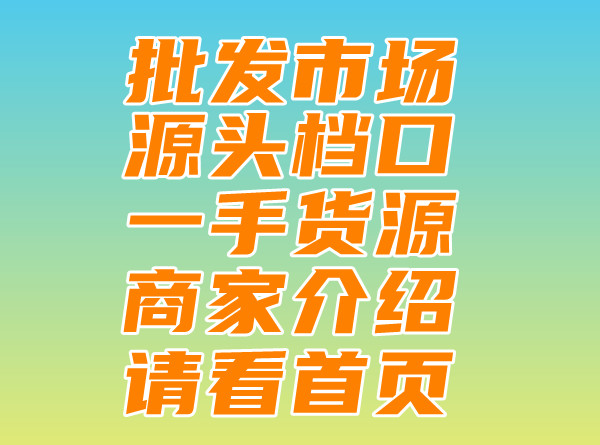
Knockoff shoes
Knockoff shoes,
The Legality of Selling Fake Tapei Shoes
In recent years, the sale of counterfeit goods has become a prevalent issue in the global marketplace, and the sale of fake Tapei shoes, often referred to as "fake Putian men's shoes," is no exception. This practice often leads to legal and ethical concerns about intellectual property rights, consumer protection, and the impact on legitimate businesses.
Legal Aspects:
The sale of counterfeit goods is illegal in most countries. This is because such behavior violates the intellectual property rights of legitimate manufacturers and designers. When someone sells fake Tapei shoes, they are essentially passing off someone else's design as their own, which is a violation of copyright and trademark law.Moreover, selling fake shoes can also affect the reputation of legitimate businesses in the same industry. If customers are not aware of the difference between genuine and counterfeit products, they may be misled into purchasing fakes, which can hurt the sales of genuine products.
Consumer Protection:
Besides the legal implications, selling fake Tapei shoes can also have negative consequences for consumers. Counterfeit products often have inferior quality compared to genuine ones due to the use of inferior materials and manufacturing processes.Consumers who purchase these fakes may find that they wear out quickly or even cause discomfort or injury. This not only affects the consumer's money but also their safety and well-being.
Impact on Legitimate Businesses:
Moreover, the sale of fake Tapei shoes can also have a negative impact on legitimate businesses that produce genuine products. When fakes are widely available in the market, it becomes challenging for genuine businesses to compete and attract customers.This can lead to a loss of revenue, market share, and even affect the long-term sustainability of these businesses. The existence of counterfeit goods often forces genuine businesses to invest more in marketing and branding efforts to differentiate themselves from fakes.
Conclusion:
In summary, selling fake Tapei shoes is illegal due to intellectual property violations and consumer protection issues. It not only harms the reputation of legitimate businesses but also poses a threat to consumers' safety and well-being. Therefore, it is important for all stakeholders, including government authorities, law enforcement agencies, and consumers themselves, to take proactive measures to combat the sale of counterfeit goods and protect the rights of legitimate businesses and consumers.
- Knockoff shoesSummer Must-Have: Lady Putian Shoes for a Comfortable Vogue
- Knockoff sneakersIs It Easy to Purchase Quality Shoes from Putian?
- Fake BalenciagaPutian Shoes New Collection: The Air Force One Experience
- Retro shoesAdidas Nike Putian Sports Shoes: The Ultimate Guide to Quality Footwear
- "UA" (Unauthorized Authentic)Everyone Steps in Putian Shoes: A Global Trend.
- Fake designer shoes"Ma'anshan Putian Sports Shoes: The Best of Chinese Comfort and Style"
- Fake BalenciagaDifferences between Authentic Leather Shoes and Putian Shoes: Quality Comparison Guide
- Fake BalenciagaTitle: Taobao Putian Shoes: Purchased but Quickly Downlisted? 这个标题简洁明了,包含了关键词“淘宝莆田鞋”和“购买后下架”,符合英文表达习惯且不超过40个字符。

